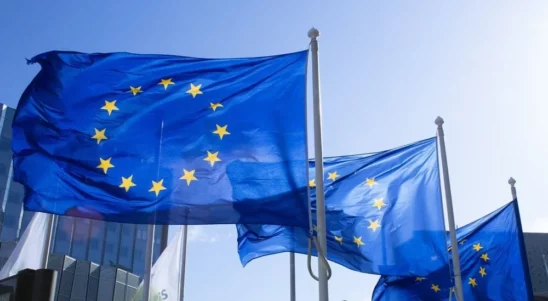According to the International Transport Forum Forecast (2015), waterborne transport will grow with 327% by 2050, thus producing 238% more CO2 emissions. In Europe, freight volumes will increase by 2050 by 216% with 174% CO2 emissions. There will be enormous shift in commodity transportation. This will extremely affect maritime and inland ports. Harsh environmental, competitive and operational pressures are expected in small and medium-sized ports that build up the so-called comprehensive TEN-T Network. 66 % of all BSR ports are small and medium sized ports. Total cargo turnover amounts to less than 2 M tones / year. Small ports, especially in SBSR, suffer from less freight volumes, missing smart specialization, out-dated infrastructure, investments and new business models contributing to blue and green growth. They are not able to secure financing. This bears a paradox. As theoretical and empirical studies in U.S. and Europe underline (Rodrigue and Schulman, 2013, Rozmarynowska and Oldakowski, 2013), port infrastructure investments projects do foster economic development. But so far, this has been only case of large ports. Indeed, these are so-called Core TEN-T Network ports, e.g. Rostock, Szczecin, Gdynia, Klaipeda, Malmö, Trelleborg (SBSR-scaled). In contrast, small sports, Wismar, Sassnitz (DE); Fredericia, Ronne, Rodby (DK); Ystad, Karlskrona, Karlshamn (SE) and Police (PL) are also located in SBSR. They belong to TEN-T comprehensive network and shall have financial and business support. Yet, they are exposed to harsh survival conditions. Even more competition face small SBSR ports that do not belong to the entire TET-T network (e.g. Stralsund, Kolobrzeg, Elblag, Łeba, (PL), Kalmar (SE). Paradoxically, they constitute hubs of regional economy and are important gateways for regional development. In PL, there are around 38 such small ports. We are in line with EU White and Green Papers, CET Facility, Council Regulations and recommendations of ESPO, BPO.
-
Do you think it will be useful to someone?
-
Want to inform others?

